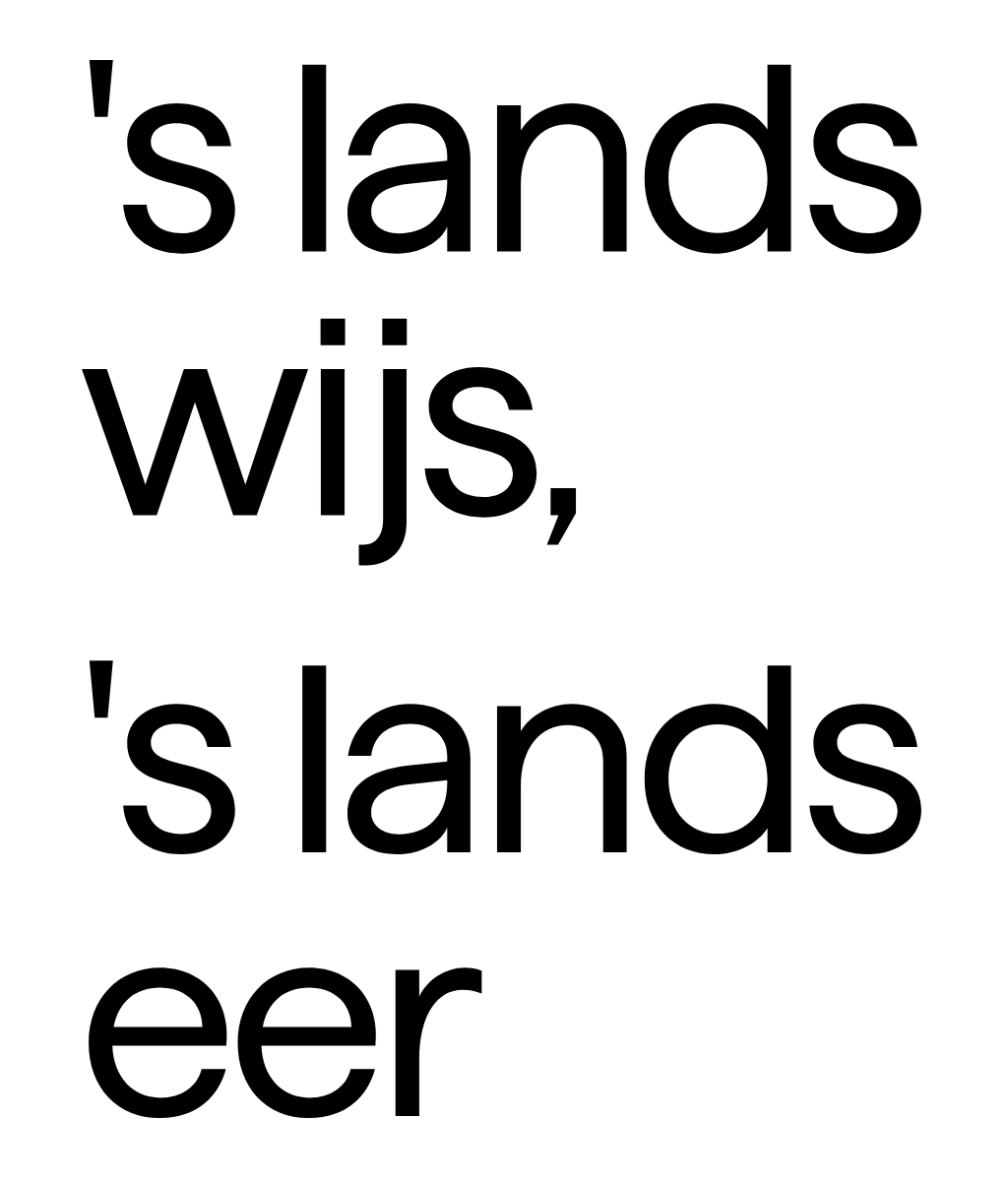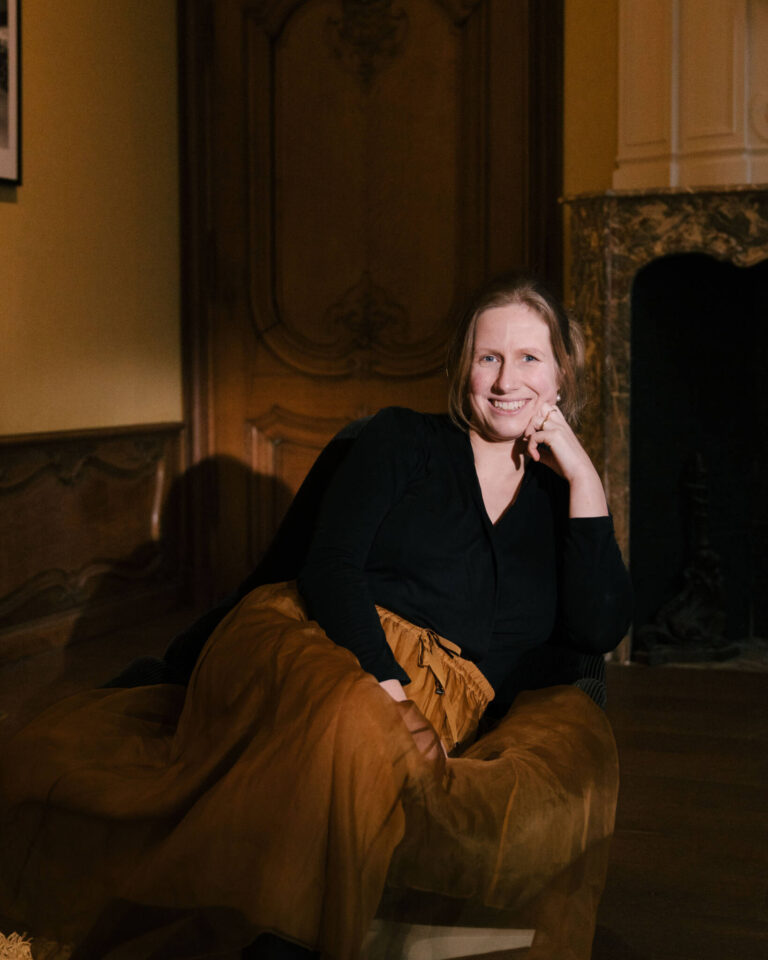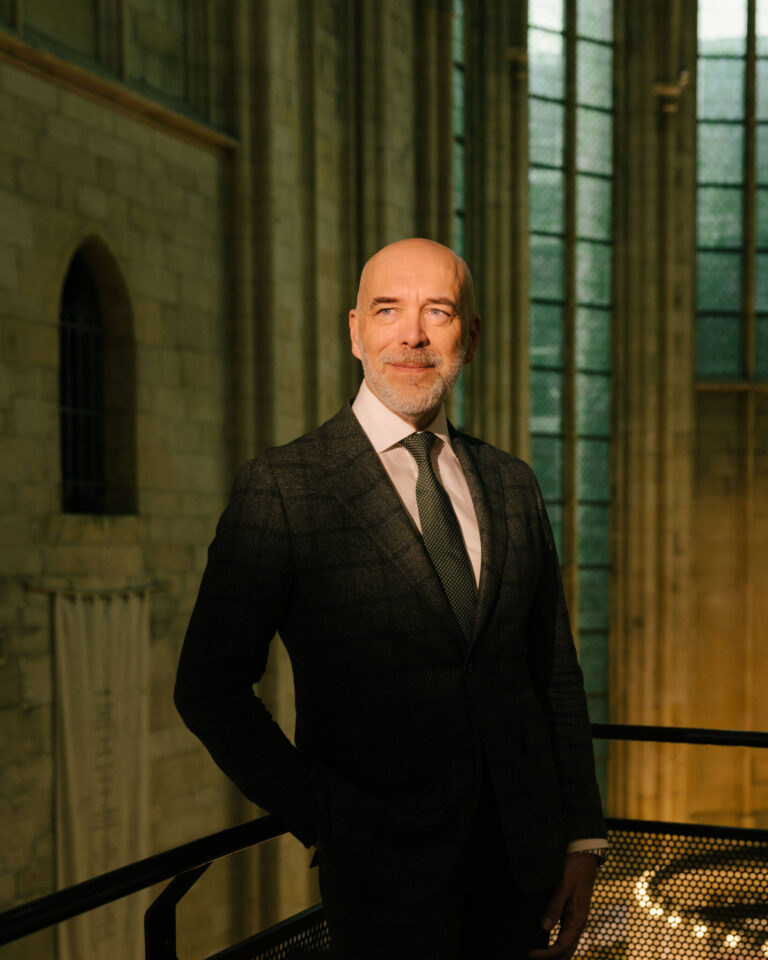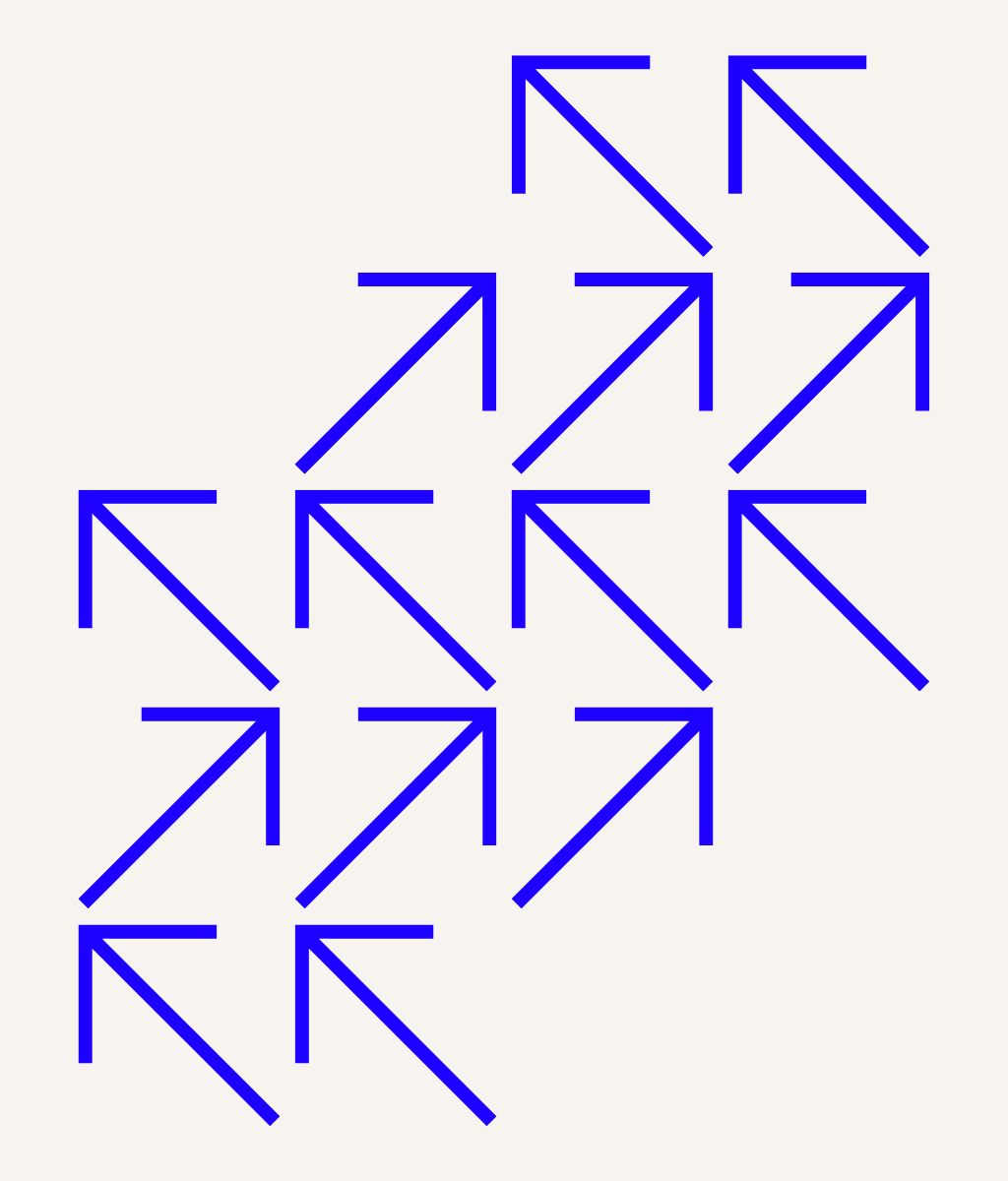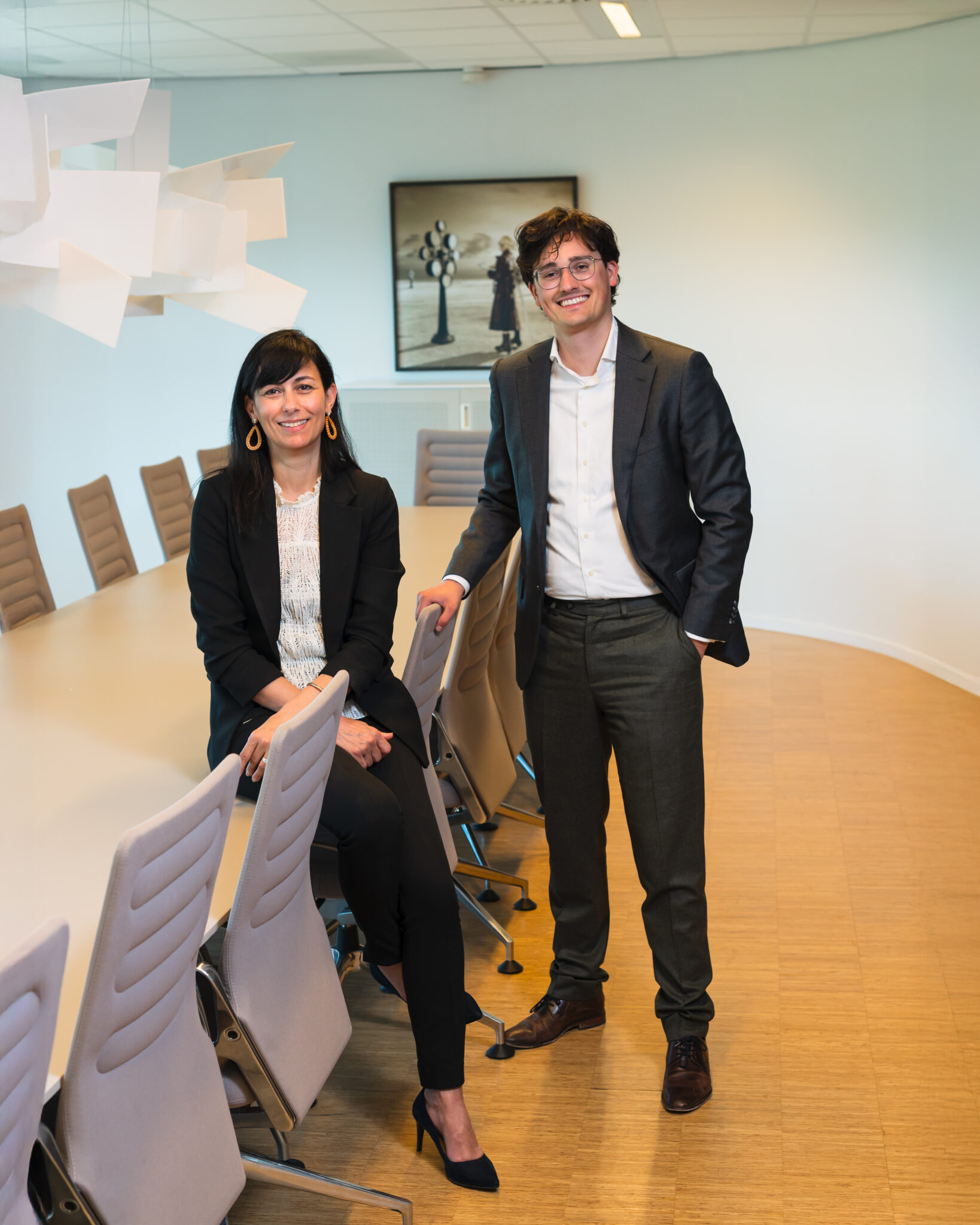What impact do cultural differences have on employees and employers?
Labor law and workplace culture vary significantly between the Netherlands, Germany, and Belgium, which greatly affects employers operating in these countries. In the Netherlands, there is a closed dismissal system, requiring employers to seek prior approval for dismissal from the Employee Insurance Agency (UWV) or the subdistrict court. This makes the process more complex and slower. In Germany and Belgium, dismissal laws are simpler – employers can dismiss an employee first, and a judge may later review the dismissal. This often leads to confusion for companies from these countries operating in the Netherlands, where strong legal justification is required upfront.
“International growth requires more than one approach. Embracing cultural differences lays the foundation for sustainable collaboration.”
• Sanne Dolstra, Lawyer
Workplace culture also differs across countries. Dutch employees, protected by strong dismissal laws, are generally more outspoken and quicker to voice criticism. Additionally, the corporate culture in the Netherlands is less hierarchical, and communication is more direct. In Germany and Belgium, hierarchy plays a larger role, and employees are typically more cautious when providing feedback. Employers operating in these countries need to adjust their communication styles accordingly. Moreover, labor unions play a more significant role in Germany and Belgium, whereas the Netherlands adopts a more pragmatic approach to labor relations through the polder model.
Labor unions play different roles in each country. In Germany, unions hold substantial responsibility due to limited government regulation, making sector agreements crucial for determining labor conditions. In Belgium, unions are highly influential, with strong representation and significant sway over the social climate within companies. Employers must proactively build relationships with unions. In the Netherlands, unions are involved but less dominant, as the government plays a larger role. The polder model fosters solutions through dialogue and consensus between unions, employers, and the government.
Legal Expertise and Cultural Knowledge
It is clear that cultural differences play a major role in cross-border legal matters. Lawyers must not only be legally proficient but also culturally sensitive. Boels Zanders combines legal expertise with cultural knowledge to provide clients with optimal support in cross-border cases. Would you like to learn more about how we can assist you? Please feel free to contact us.
